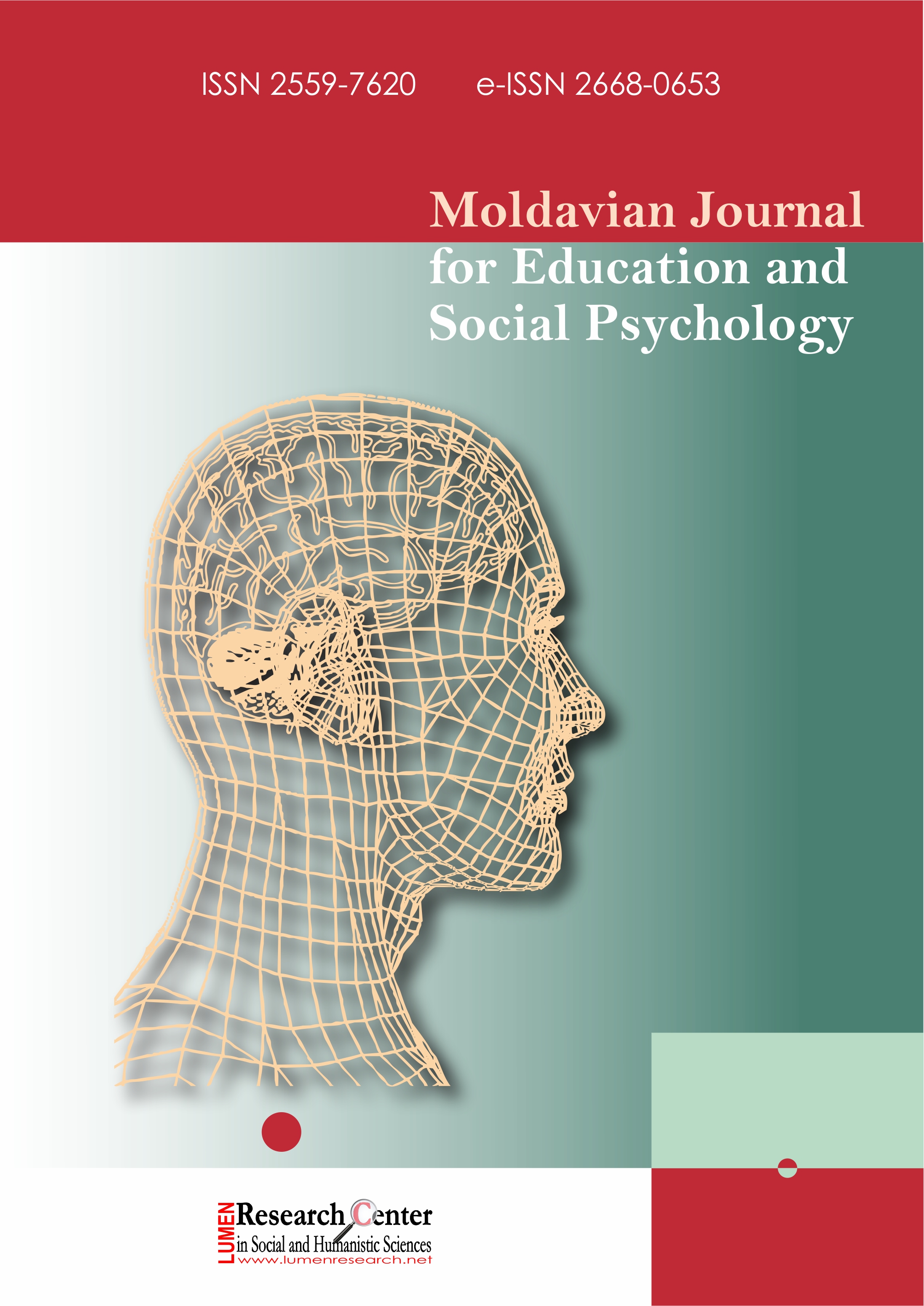Transforming the Possible into Action in Colson Whitehead’s Novel “The Intuitionist”
Transforming the Possible into Action in Colson Whitehead’s Novel “The Intuitionist”
Author(s): Clementina Alexandra MihăilescuSubject(s): Language studies, Language and Literature Studies
Published by: Editura Lumen, Asociatia Lumen
Keywords: Whitehead; Kelly; Personal Construct Theory; The Intuitionist; Bachelard; motivation; novel of race; novel of ideas;
Summary/Abstract: The XXIst century, known among others as a “culture of empiricism,” is a time of accelerated technology and engineering feats, on the one hand and of controversial race problems, on the other. For approaching Colson Whitehead’s novel “The Intuitionist,” where the writer is travelling back and forth between “the naturalist novel of race” and “the imaginative novel of ideas,” George Kelly’s Personal Construct Theory will be employed as a methodological device to decode its intricate meaning. Kelly’s socio-psychological theory incorporates vectors of action and perception meant to reveal how the individual construes the world, in Whitehead’s case, how Lila Mae Watson, the city’s first black female elevator inspector, construes herself as the follower of James Fulton, another black person, father of Intuitionism and promoter of vertical thought, meant to give rise to the perfect, new generation elevator in a city marked by pain and the stoicism of black people who look for the ultimate elevator that will take them “up and out.” Kelly’s concept of motivation will be also turned into account through his argument that people act not because of “motive forces,” but because of alternative perspectives that better suit them. Motivation will also grant to Lila MaeWatson the ability “to transform the possible into action and create values” (Alfred Whitehead, qtd in Lavelle, 1997: 146) and it will be commented upon as a prestigious educational device meant to ensure a greater understanding of the communication context present in Whitehead’s novel.
Journal: Moldavian Journal for Education and Social Psychology
- Issue Year: 4/2020
- Issue No: 2
- Page Range: 28-43
- Page Count: 16
- Language: English

